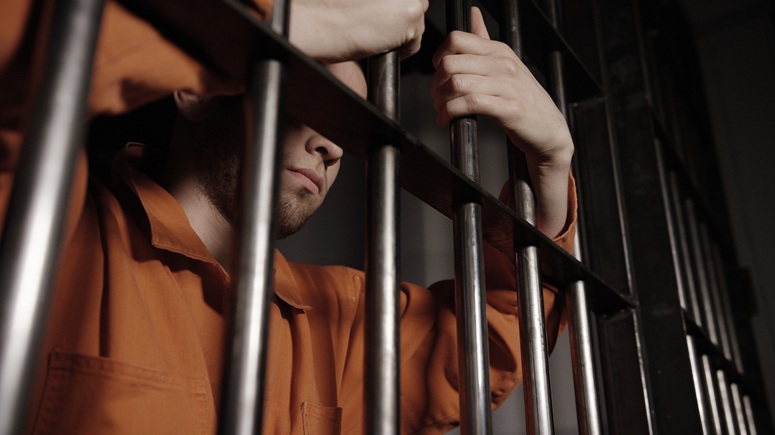Murder is probably the most violent crime a person can commit. Murder means intentionally taking someone’s life, either purposely or knowingly. Murder is premeditated, which means the defendant planned to kill the person ahead of time.
Murder is a type of criminal homicide. Under N.J.S.A. 2C:11-2, criminal homicide is classified as murder, manslaughter, or death by auto or vessel. A person is guilty of criminal homicide if he purposely, knowingly, or recklessly causes the death of another human being.
For a person to be found guilty of homicide, all three elements must be proven:
- The victim died.
- The defendant caused the death or serious bodily injury.
- The defendant acted purposely or knowingly.
Murder is classified as a first-degree crime. The most common penalty is 30 years to life imprisonment, with parole eligibility after 30 years. However, in aggravated cases, a person can face life imprisonment without parole.
Aggravated cases may include:
- Murdering a police officer, firefighter, or corrections officer while they’re performing their duties.
- Killing a child under the age of 14 during a sexual assault or attempted sexual assault.
- Committing murder for payment or financial gain.
- The killing involved prolonged suffering or intentional infliction of severe pain.
- The defendant has a prior murder or attempted murder conviction.
- More than one person is killed during the same event or course of conduct.
New Jersey does not recognize the death penalty. The state abolished the death penalty in 2007, so it is no longer a possible punishment for murder.
Manslaughter vs. Murder
New Jersey law also recognizes passion/provocation manslaughter, which is a lesser charge than murder. This occurs when a person kills another person while acting under the influence of extreme emotional distress caused by a reasonable provocation. An example of this would be a man coming home unexpectedly and finding his wife in bed with someone else. Overcome with intense rage, the man grabs a gun and shoots the lover, killing them.
Although the killing is intentional, it’s not premeditated, and the intense emotional disturbance reduces the crime from murder to manslaughter. It is considered second-degree murder and carries a sentence of 5 to 10 years in prison.
There is also reckless manslaughter. Reckless manslaughter is less serious than murder. It still involves the death of another person, but by acting recklessly. There is no intent to kill, but a conscious disregard for a substantial risk of death. Examples include a drunk driving crash, street racing, and reckless firearm use. A person can face up to 10 years in prison as well as hefty fines, as much as $150,000.
Contact Us Today
Taking someone’s life is not something that is taken lightly. The stakes are high. You could face life in prison and other major consequences.
A Cherry Hill criminal defense lawyer from The Law Offices of Christopher St. John is ready to come to your aid and help you get the best outcome possible. Contact us via (856) 716-5427 or online here to schedule a consultation today.








 Christopher St. John
Christopher St. John
 Tess Berkowitz
Tess Berkowitz